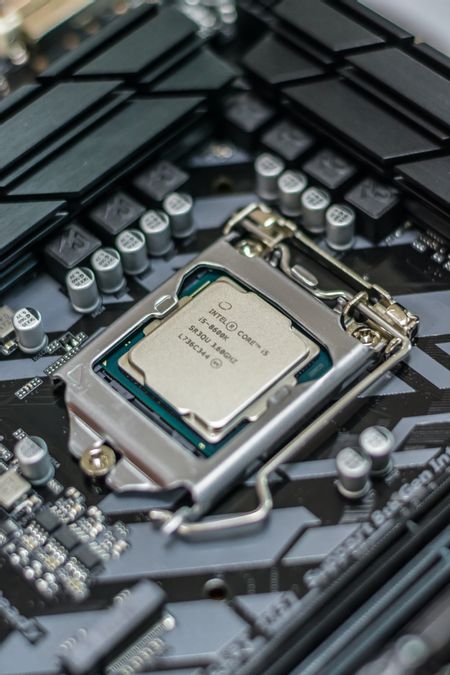JAKARTA - Intel is making a comeback. But he has no intention of overtaking some of his arch-rivals. Instead, Intel instead embraced Qualcomm to help it regain the Silicon Valley crown. This is part of an effort to regain its leadership in the processor market.
The company plans to open its factories to produce processors from other vendors, and it has also secured deals to manufacture chips for Qualcomm, Amazon, Cisco, IBM, and Microsoft in its own factories.
This means that Intel will manufacture chips for its competitors based on designs from ARM, rather than the x86 architecture that is the core of its processors, such as the 11th Generation Core CPUs as quoted by Digital Trends, Wednesday, July 28.
According to Intel's announcement, this strategy will help it regain its leadership in chip manufacturing by 2025 with five core technologies, including RibbonFET, PowerVia, and Foveros enhancements that affect the way transistors are designed and interact with each other.
RibbonFET is known to be a new design for transistor circuits that allows Intel to build smaller and more powerful chips, while PowerVia helps manage power consumption by transistors. The company leveraged the Foveros acquisition to make its chips more compact. Intel CEO Pat Gelsinger announced that extreme ultraviolet lithography could debut in 2025.
In another change, Intel will align with the rest of the industry on how to name its nodes. Instead of naming processes by size, Intel previously named its nodes based on the size of their transistors, which are measured in nanometers, the company changing what it describes as standard labeling to compete with others.
The Enhanced SuperFin process will be called Intel 7, while Intel's 7nm node will be referred to as Intel 4. RibbonFET and PowerVia will be integrated into the Intel 20A and will launch in 2024.
Its partnership with Qualcomm is somewhat surprising, given that recent events have begun to disrupt Intel's leadership in the PC market with its own ARM-based Snapdragon processors in always-connected PCs through a partnership with Microsoft.
Qualcomm's Snapdragon CPUs compete with Intel's laptop processors and have been adopted by Lenovo, HP, Samsung, and others. Recently, Qualcomm acquired Nuvia for its ARM-based processor designs, and the company hinted that a new always-connected PC processor is expected to arrive as early as next year.
It's not clear how much Qualcomm business Intel will receive as part of the deal or what the deal's value will be. Qualcomm currently also relies on Samsung to manufacture some of its Snapdragon processors. In fact, Intel has publicly wooed Apple to bring the manufacture of A-series and M-series processors to its factories.
The English, Chinese, Japanese, Arabic, and French versions are automatically generated by the AI. So there may still be inaccuracies in translating, please always see Indonesian as our main language. (system supported by DigitalSiber.id)













